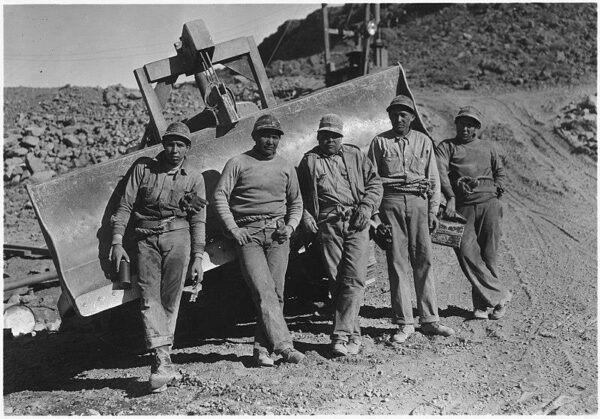Author Archive

HAPPIER AND HEALTHIER
Clear, written employee policies are the foundation for workplace legal compliance and productivity. Prolonged pandemic conditions and California’s earned reputation as a litigation hotbed underscore the importance of sound, across-the-boards written rules and protocols.

FULL TIME TO OVERTIME?
California Assembly Bill (AB) 2932 seeks to redefine the “workweek” from 40 hours to 32 hours for employers with more than 500 on payroll.

HIGH TIME OFF
AB 2188, pending in the California Assembly, seeks to prohibit employers, other than those in building and construction trades, from discriminating against workers for:

PREVENTION MEDICINE
Employment policy doesn’t have to be written but you will never hear this firm saying that. Particularly in litigation happy California, clearly stating personnel expectations and boundaries in a regularly updated manual or other compilation is not just good sense, it can amount to business suicide prevention.

EXPANDING RETIREMENT ACCOUNT OPPORTUNITIES
By June 30, 2021, California employers with more than 50 on payroll were required to ● offer employees a retirement savings plan such as a 401(k); or ● to facilitate employee access to CalSavers, a state-run savings program for automatic payroll deductions deposited into a Roth IRA.

CAUTIONARY TALE EPISODE 54
SPEED BUMP
On February 10, 2022, California Department of Fair Employment and Housing (DFEH) announced a suit against Tesla, Inc. alleging racial discrimination against Black employees, including segregation to the lowest levels of the workforce.

CHILL, IT’S THE LAW
Each California employer is required to give employees at least one day off during the company’s defined seven-day workweek (e.g., Monday to Sunday; Sunday to Saturday). There are three main exceptions:

CAUTIONARY TALE EPISODE 53
POETIC JUSTICE SMACK DOWN
As larger employers have been discovering lately, arbitration agreements can be more of a curse than a blessing.

KEEPING TIME
Employers must maintain accurate records of all time worked by hourly employees. Labor Code 1174(d). Management may not prohibit employees from keeping a personal record of such work time.

I-9 RULES RE-TIGHTENED
Federal law requires employers to obtain from every new worker a completed Form I-9 and satisfactory supporting documents from Lists A, B and/or C as a condition of hiring. The documents on List B establish identity only, such as driver’s licenses, voter registration cards, or military IDs.
